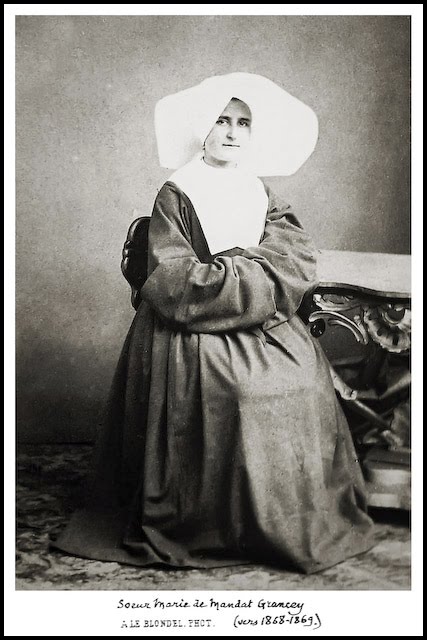Theotokos, Haggia Sophia, Istanbul, Turkey
So much grace and abundant blessings come from Ephesus! Holy Mary, Mother of God, pray for us. We commend the new year 2014 to your Immaculate Heart and most powerful intercession.
From The Mary Page at U Dayton:
What is the meaning of Mary's title: Theotokos?
Theotokos derives from the Greek terms: Theos / 'God'; and tiktein / 'to give birth'. Mary is the Theotokos, the one who gave birth to God. This single word sums up the meaning of Luke's phrase: 'Mother of the Lord' (Lk 1:43) and represents a counterpoint to John's teaching that the 'Word was made flesh' (Jn 1:14). Usually the term is translated into English as 'Mother of God'. However, Greek-speaking Christians also used the equivalent Meter Theiou. The latter form offers a more comprehensive vision of Mary's motherhood in line with a personalist point of view.
The title, Mother of God, seems to have first been used in liturgical and devotional practice by Christians in Egypt. It appears in an ancient prayer, Sub Tuum Praesidium which dates back to the third century. There was some controversy about the use of this title since the pagan goddess, Isis, was referred to as Mother of God. However, there are radical differences between the myths about divine births to pagan goddesses (e.g. Isis, mother of Horus) and the gospel accounts of Jesus' incarnation in Mary. For example, the Gospels portray Jesus as conceived by Mary in Spirit while pagan myths portray the conception of gods in passion and removed from the mysterious destiny of the Incarnation.
Nevertheless, the title, Mother of God, was used in an Alexandrian creedal formula. When challenged in 322, Patriarch Peter of Alexandria defended its legitimacy. Use of the title, Theotokos was formally sanctioned by the Ecumenical Council of Ephesus in 431. The Church declared that both Divine and human natures were united in the person of Jesus, the son of Mary. Hence, Mary may be called Theotokos, since the son she bore according to the flesh, Jesus, is truly one of the Divine persons of the Trinity. This Marian title is really a Christological statement, which affirms that the second person of the Trinity, who was born into history as fully human, is really 'God with us'.
Return to The Mary Page
The Mary Page, maintained by The Marian Library/International Marian Research Institute, Dayton, Ohio 45469-1390, and created by Omar Memon , was last modified Monday, 09/19/2011 16:33:49 EDT by Omar Memon . Please send any comments to jroten1@udayton.edu.












